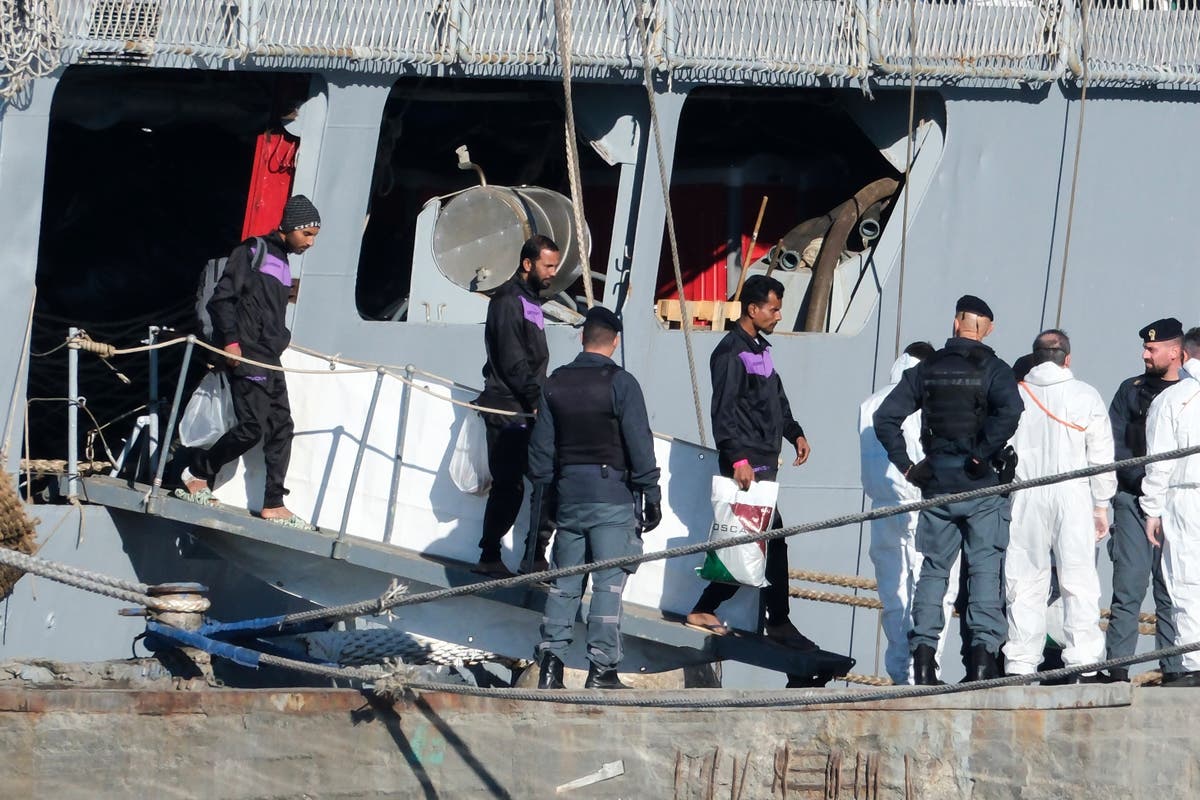
Migrants describe being tortured and raped on perilous journey to Libya
CNNCNN — A small blue boat with an outboard motor bobs on the waves of the open sea. The sailors prepare to throw a rope to the boat, but several men on board shout back, in Arabic: “We don’t want it.” “You don’t want it?” asks one of the sailors. Human rights organizations, such as Human Rights Watch, have criticized conditions at the detention centers and blame EU policies for contributing “to the abuse of migrants in Libya.” But the EU, driven by differences between member states, has not changed its policy regarding migrants in Libya despite its glaring shortcomings. “The EU is providing support to the Libyan Coast Guard to enable it to intercept migrants and asylum seekers at sea after which they take them back to Libya to arbitrary detention, where they face inhuman and degrading conditions and the risk of torture, sexual violence, extortion, and forced labor.” Laki traveled from Somalia to war-torn Yemen and then went through Sudan before finally arriving in Libya. The UN has repeatedly urged Libyan authorities to release detained migrants, and said they had “serious concerns” about their safety and conditions amid the ongoing conflict in the country.
History of this topic
Armed men in speedboats make off with women and children when a migrants’ dinghy deflates off Libya
Associated PressMilitia detains 300 migrants in the desert in Libya’s effort to contain sea crossings
Associated Press
Libya’s coast guard intercepts 64 Europe-bound migrants, days after a deadly shipwreck
Associated PressThe EU’s border agency has a duty to inform Libya’s coast guard about migrant boats, official says
Associated Press
Over 60 drown in a migrant vessel off Libya while trying to reach Europe, UN says
Deccan Chronicle
More than 60 people drown after a migrant vessel capsizes off Libya, U.N. says
LA TimesA Libyan court jails 38 human traffickers over the deaths of 11 Europe-bound migrants at sea
Associated PressA Libyan court sentences 3 people to prison terms over human trafficking
Associated Press
Rescue groups say Malta coordinated the return of 500 migrants to Libya instead of saving them
Associated Press
Group: 22 Syrian migrants on hunger strike in Libyan prison
Associated Press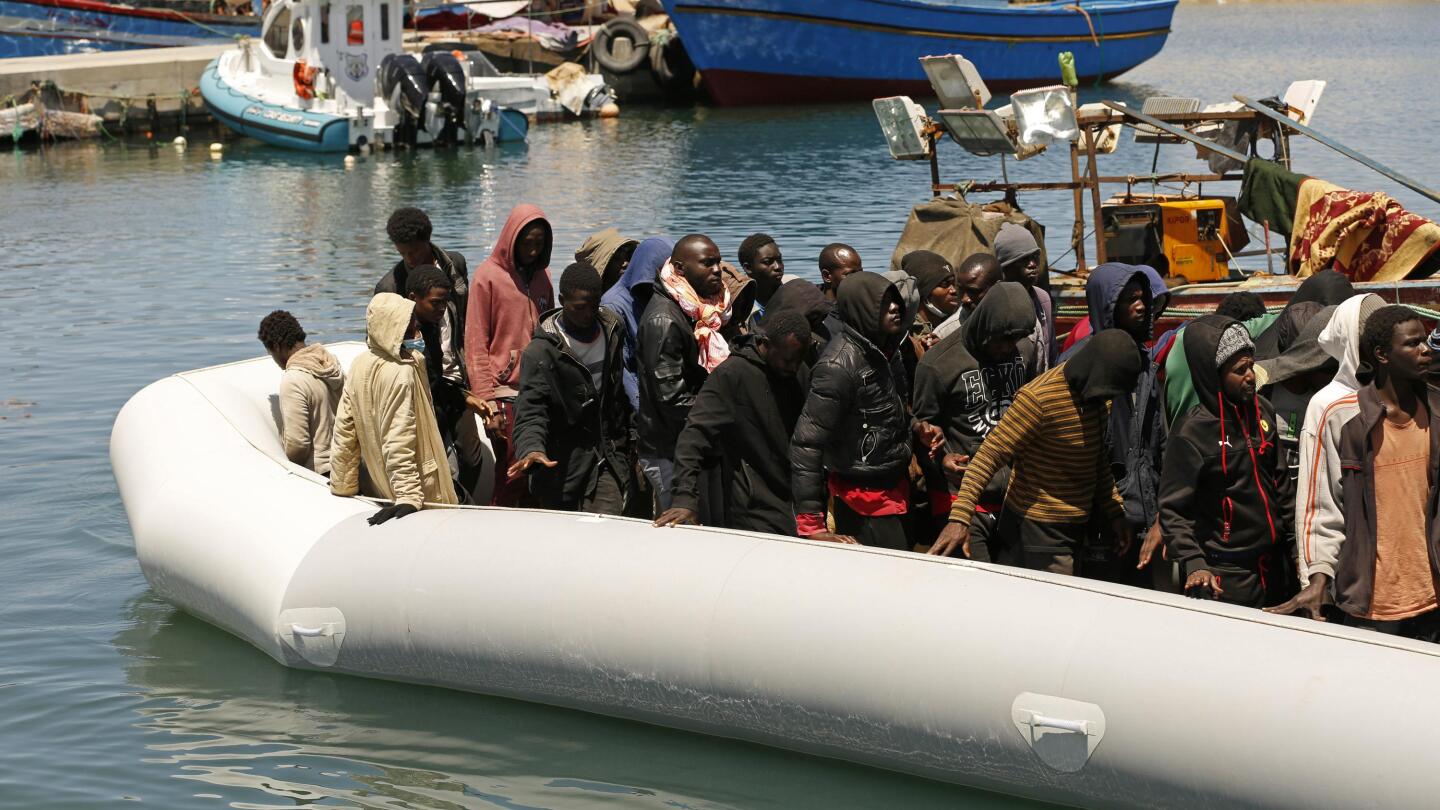
A new Libyan force emerges, accused of abusing migrants
Associated Press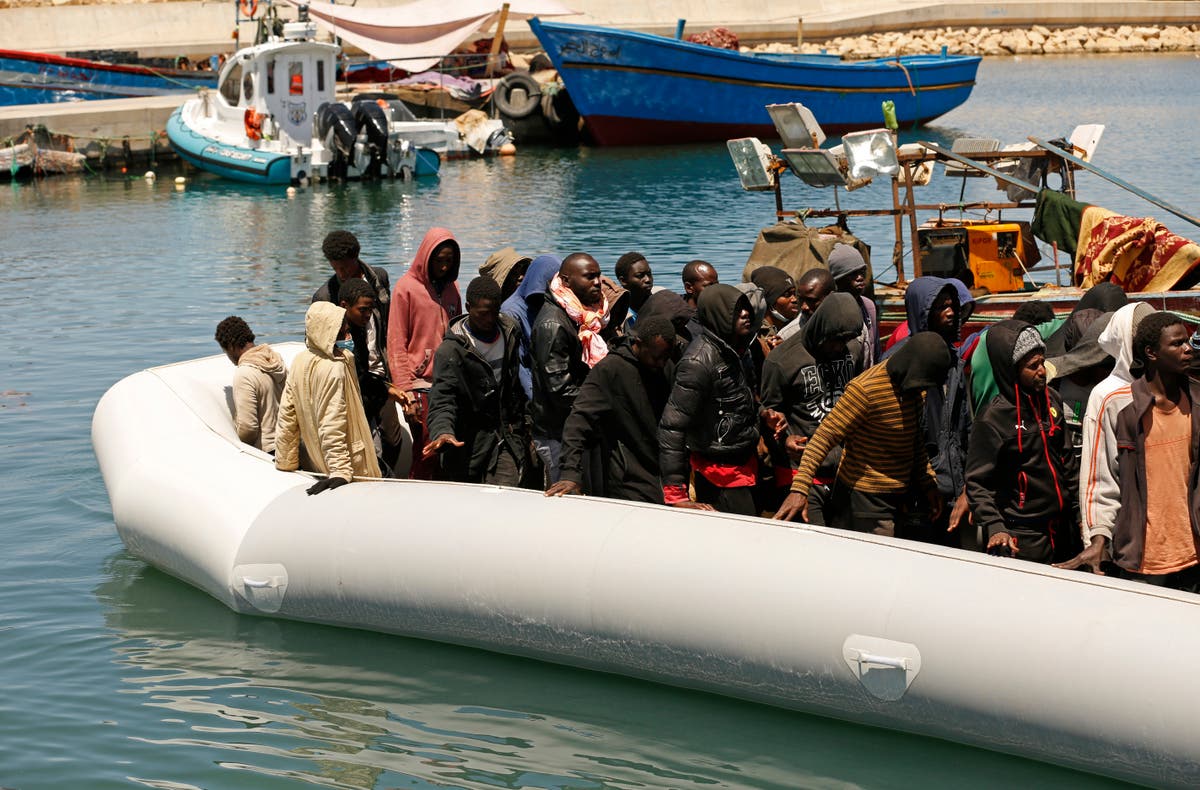
A new Libyan force emerges, accused of abusing migrants
The Independent
Migrant abuses continue in Libya. So does EU border training
Associated Press
UN chief: Over 12,000 detainees held officially in Libya
Associated Press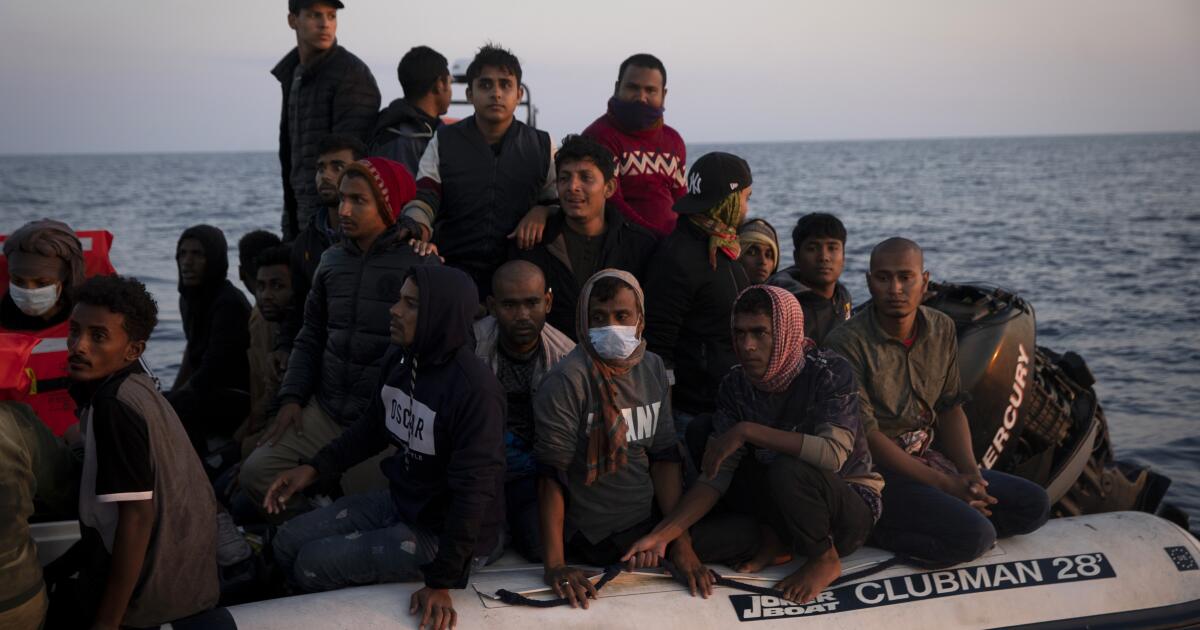
Op-Ed: Climate migration will worsen the brutality and chaos on the Mediterranean
LA Times
UN, US sanction Libyan official over human trafficking
Associated Press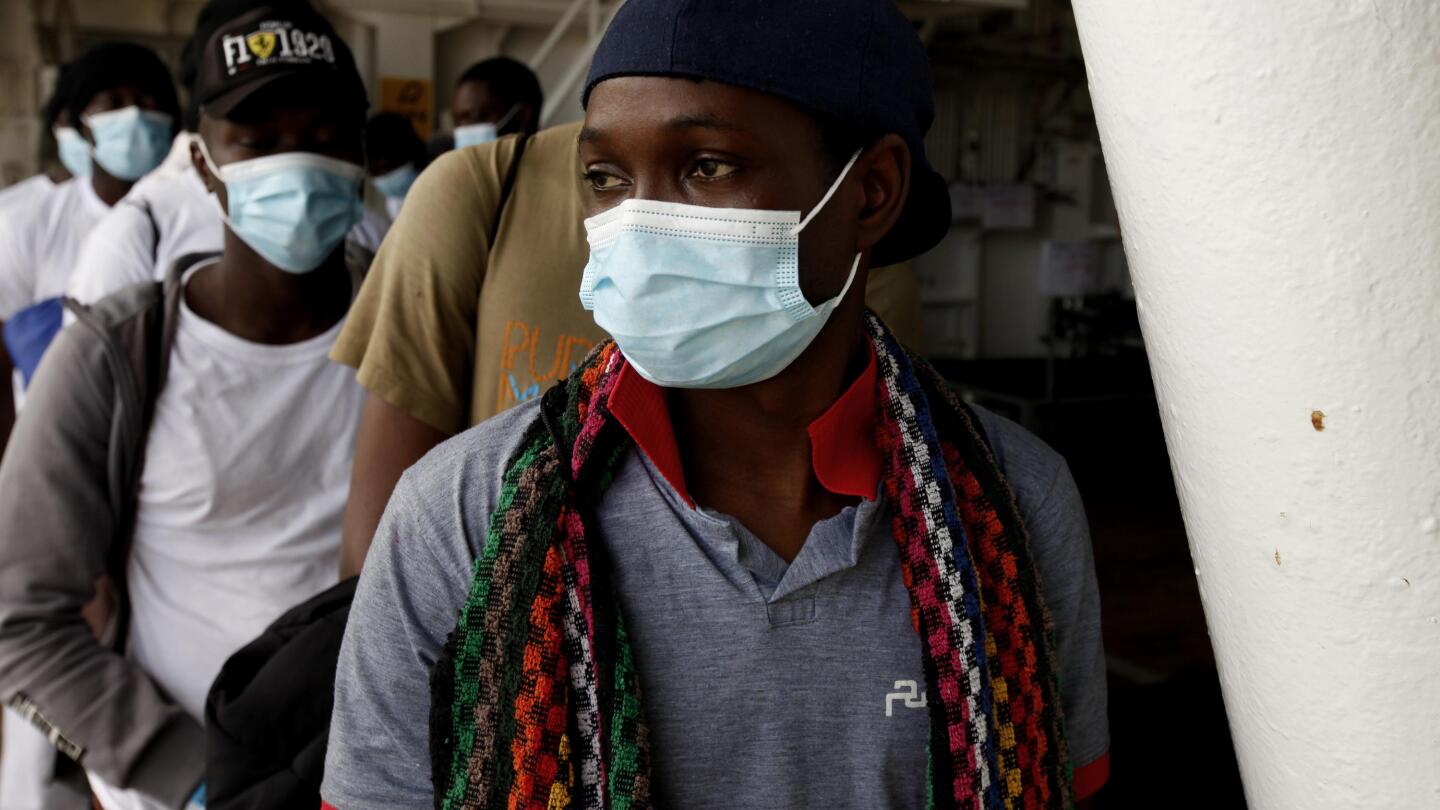
Ransomed and beaten: Migrants face abuse in Libyan detention
Associated Press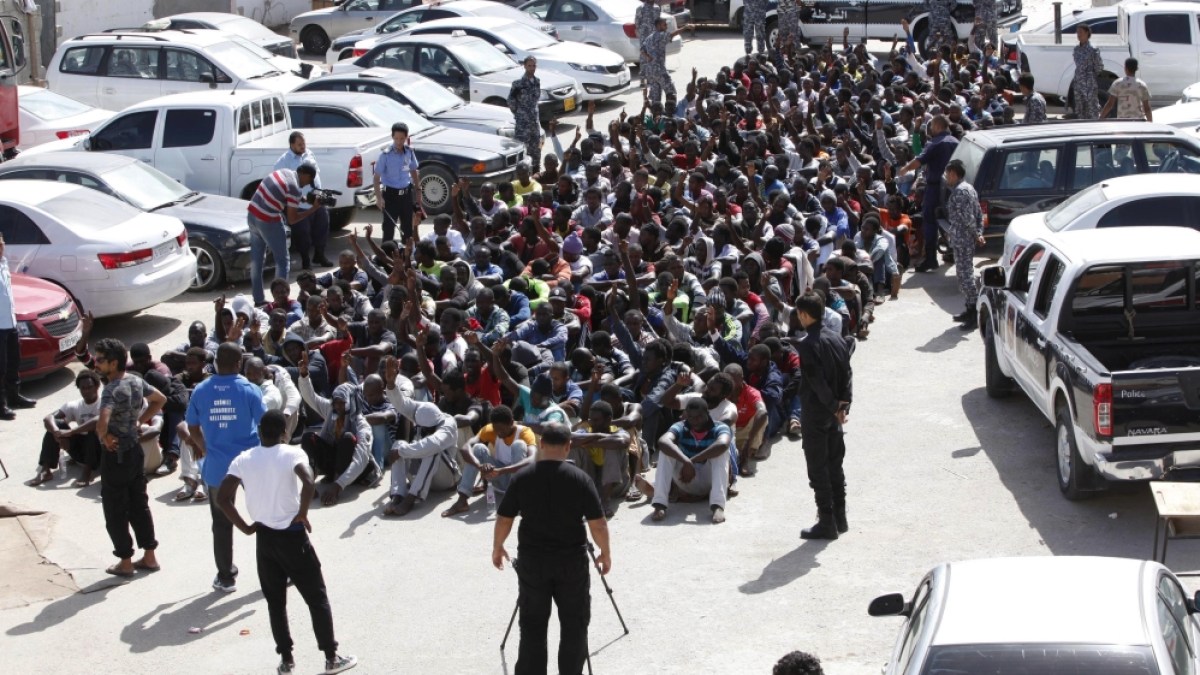
Libyan detention centre guards kill six migrants amid crackdown
Al Jazeera
Libya’s migrant detentions tops 5,000 as crackdown continues
Al Jazeera
About 500 Europe-bound Migrants Intercepted off Libya, Say UN
News 18
Libya detains 4,000 people in major anti-migrant crackdown
Al Jazeera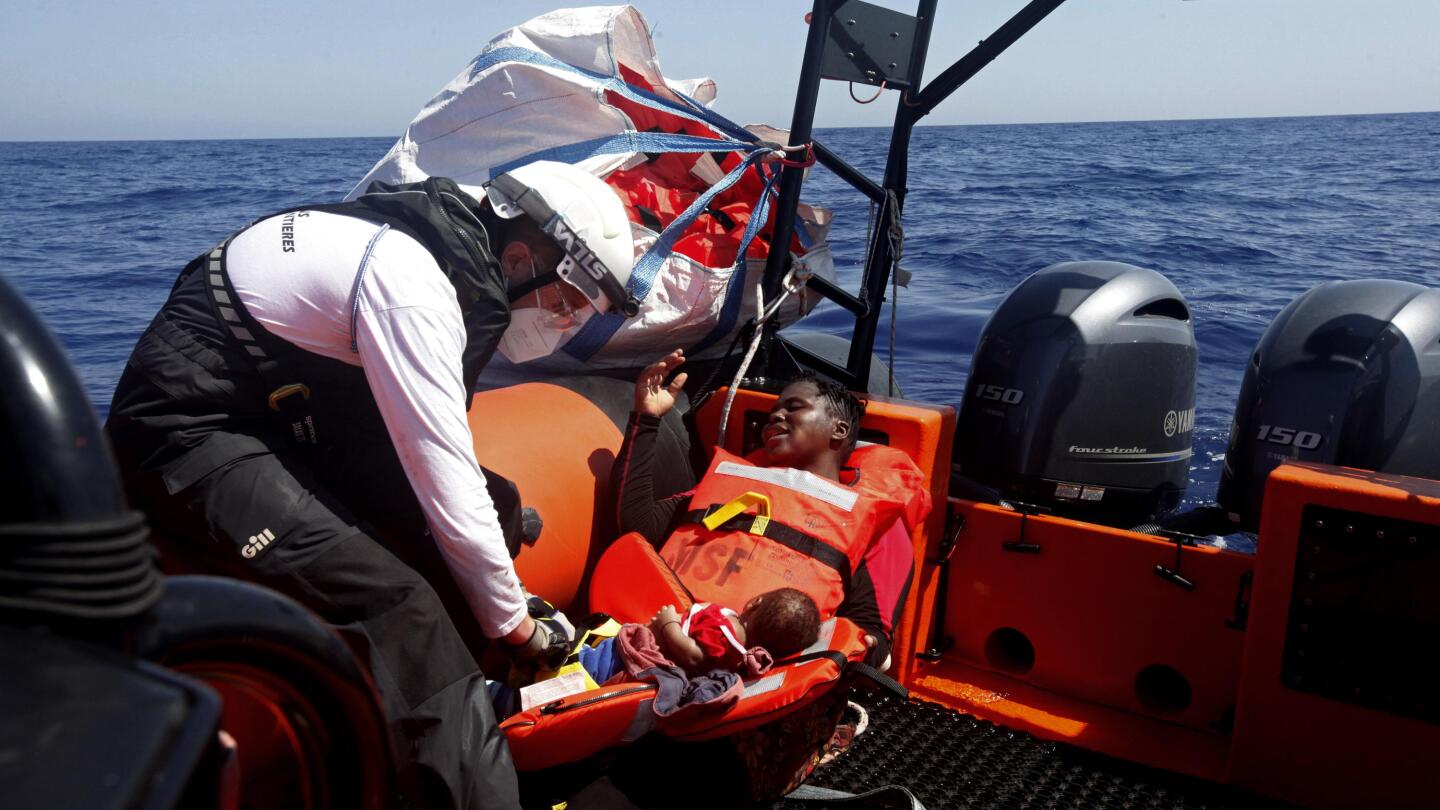
Ships rescue 190 Europe-bound migrants off Libya
Associated Press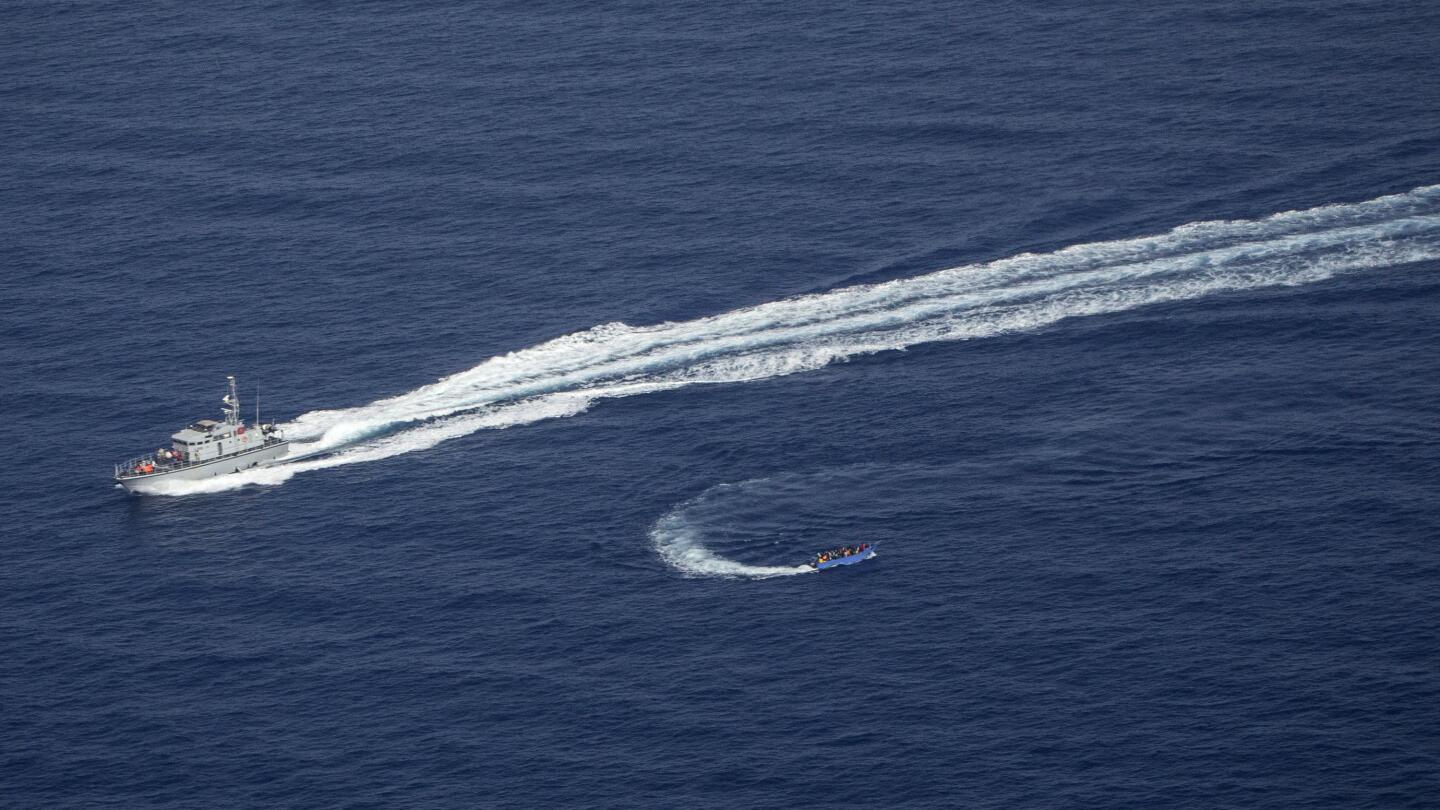
Caught on camera: Libyan coast guard shoots at migrant boat
Associated Press
More than 800 migrants rescued at sea head to Italy
LA Times
Rescue groups decry loss of migrant lives in Mediterranean
The Independent
Aid group says detained migrant killed, 2 injured in Libya
Associated Press
More than 150 migrants freed in Libya in raid on human traffickers
LA Times
UN: Libyan coastguard detains hundreds of migrants
Al Jazeera
Nearly 1,000 migrants ‘returned to Libya’ this year
Al Jazeera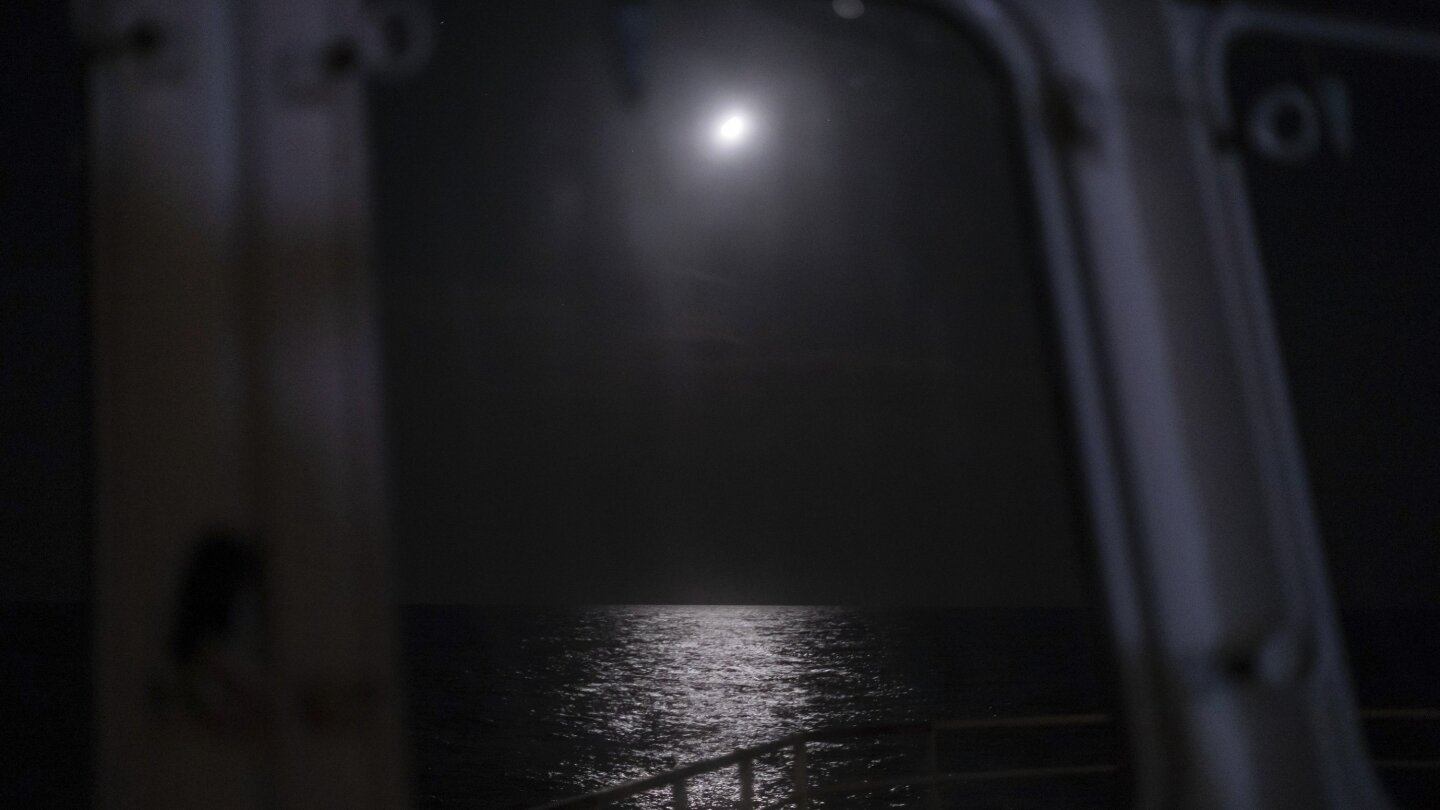
Making misery pay: Libya militias take EU funds for migrants
Associated Press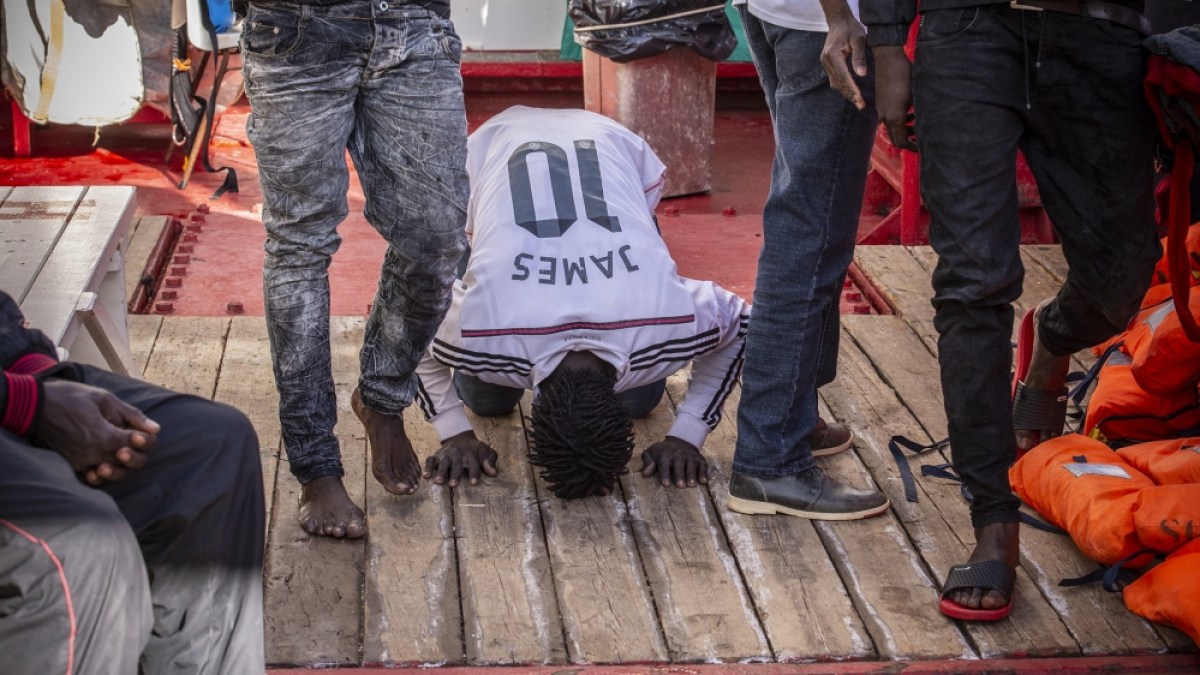
‘Between life and death’: Rescued migrants recall Libya ‘hell’
Al Jazeera
UN tries to cut numbers at EU-funded migrant center in Libya
Associated Press
Hundreds of migrants in Libya flee detention, cite hunger
Associated Press
Libya’s coastguard rescues 290 migrants off Tripoli’s coast
Al Jazeera
‘Desperate’ situation off Libya as rescued refugees ‘hijack’ ship
Al JazeeraDiscover Related

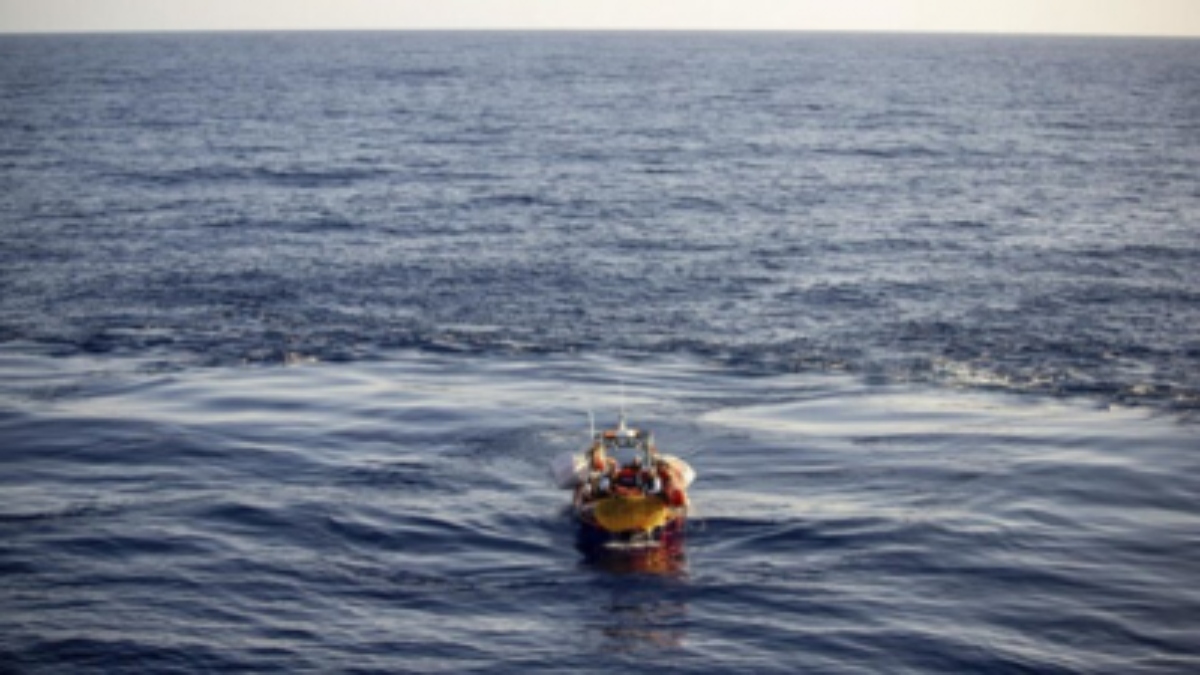)


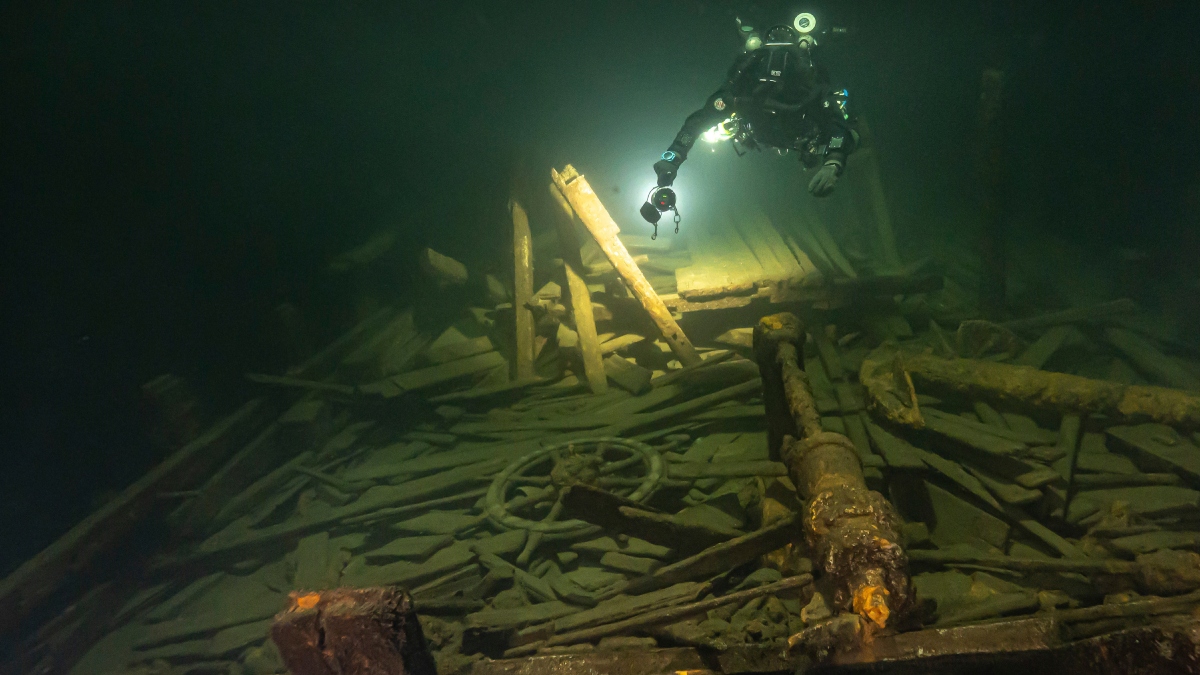
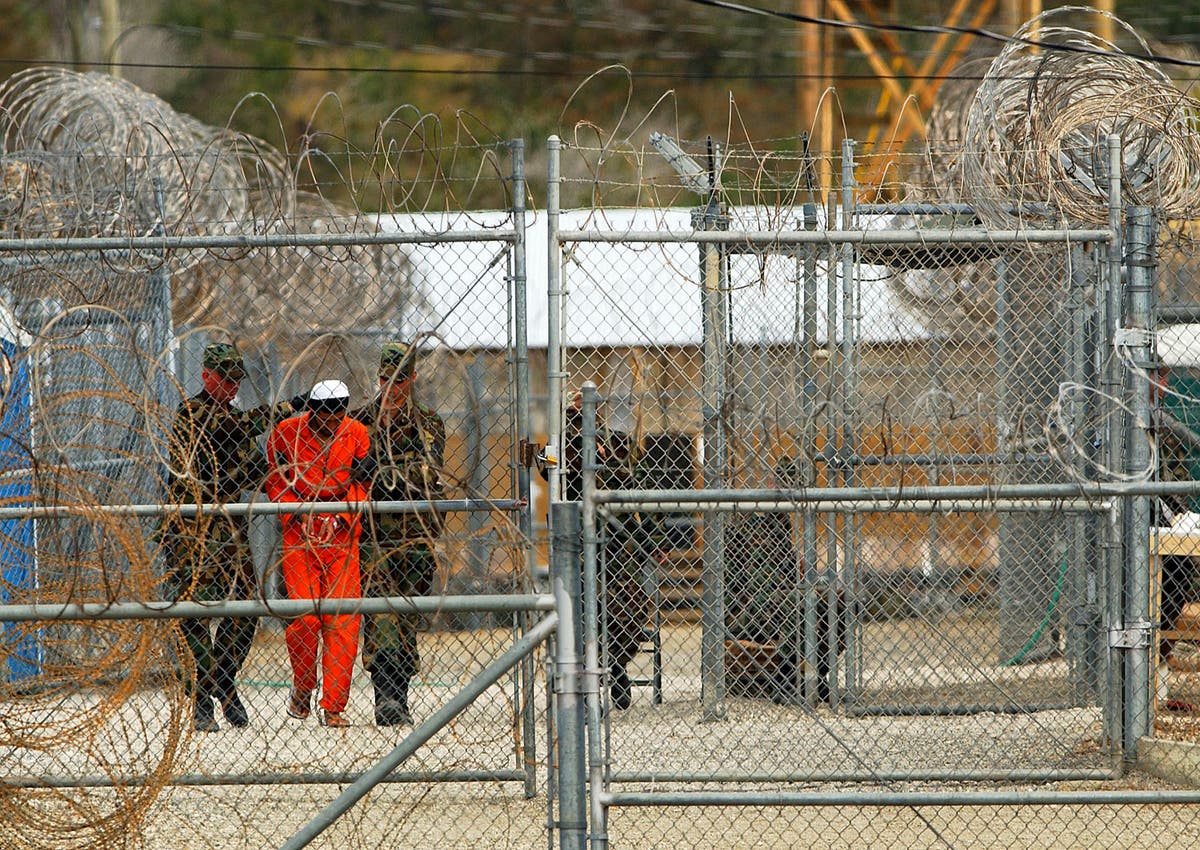

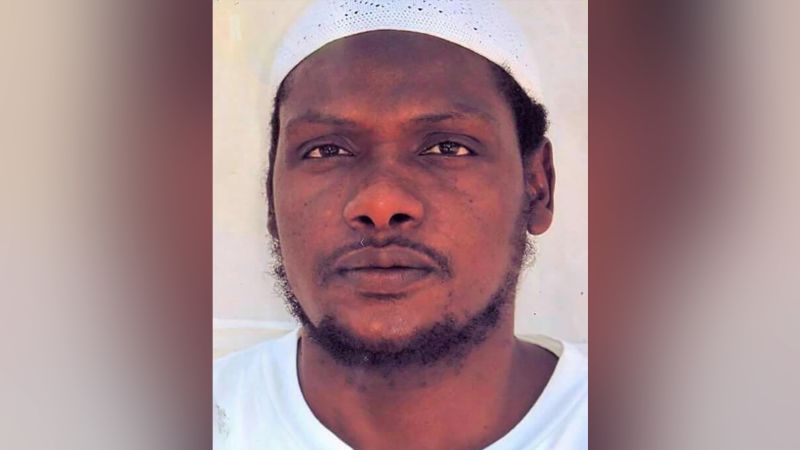


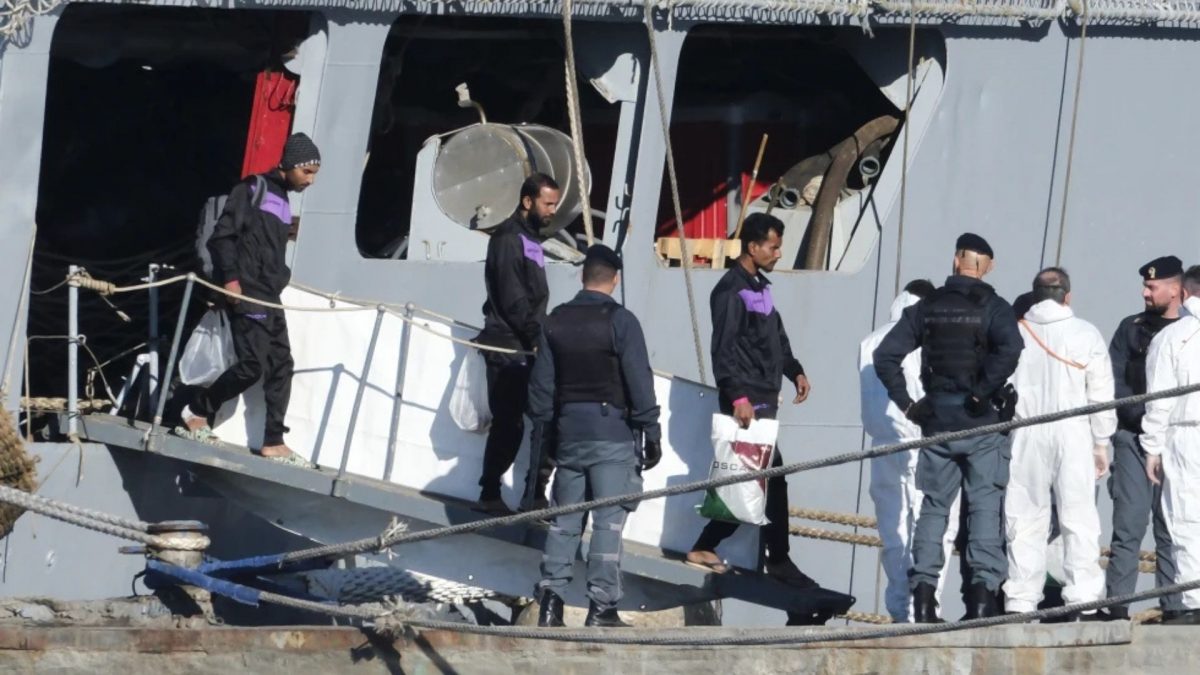)


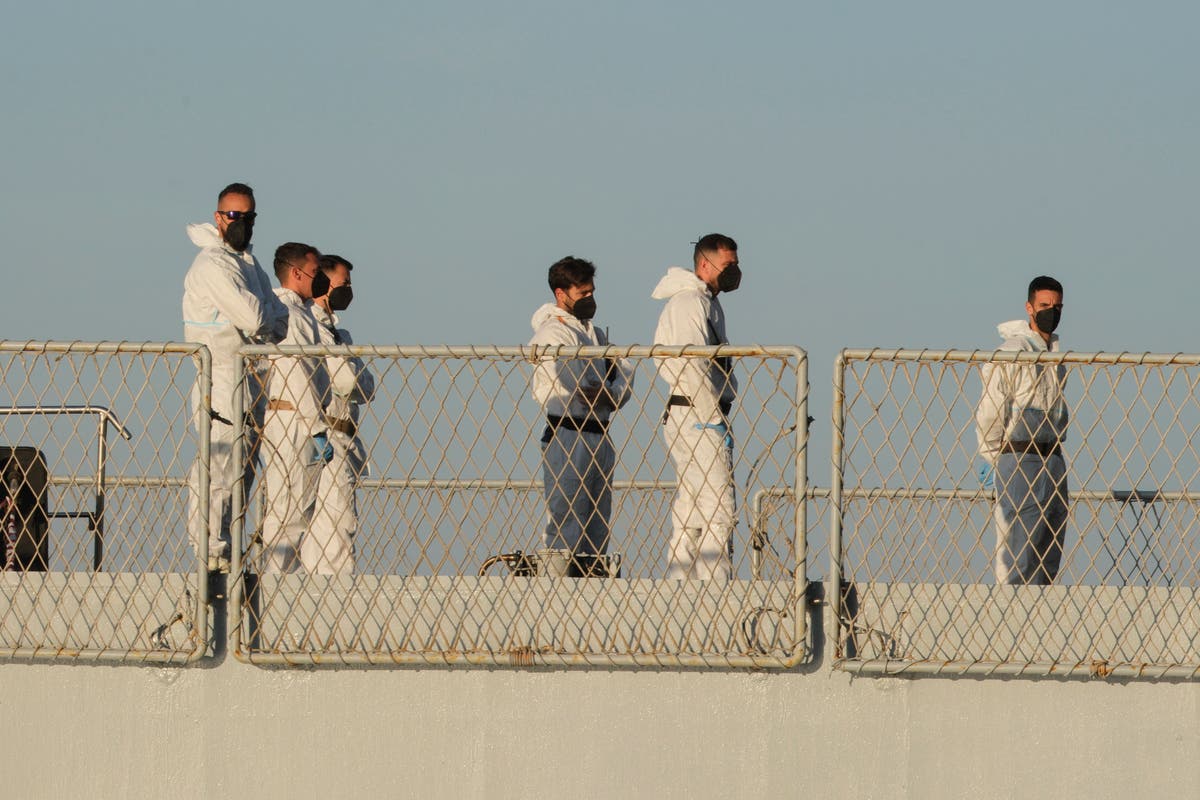

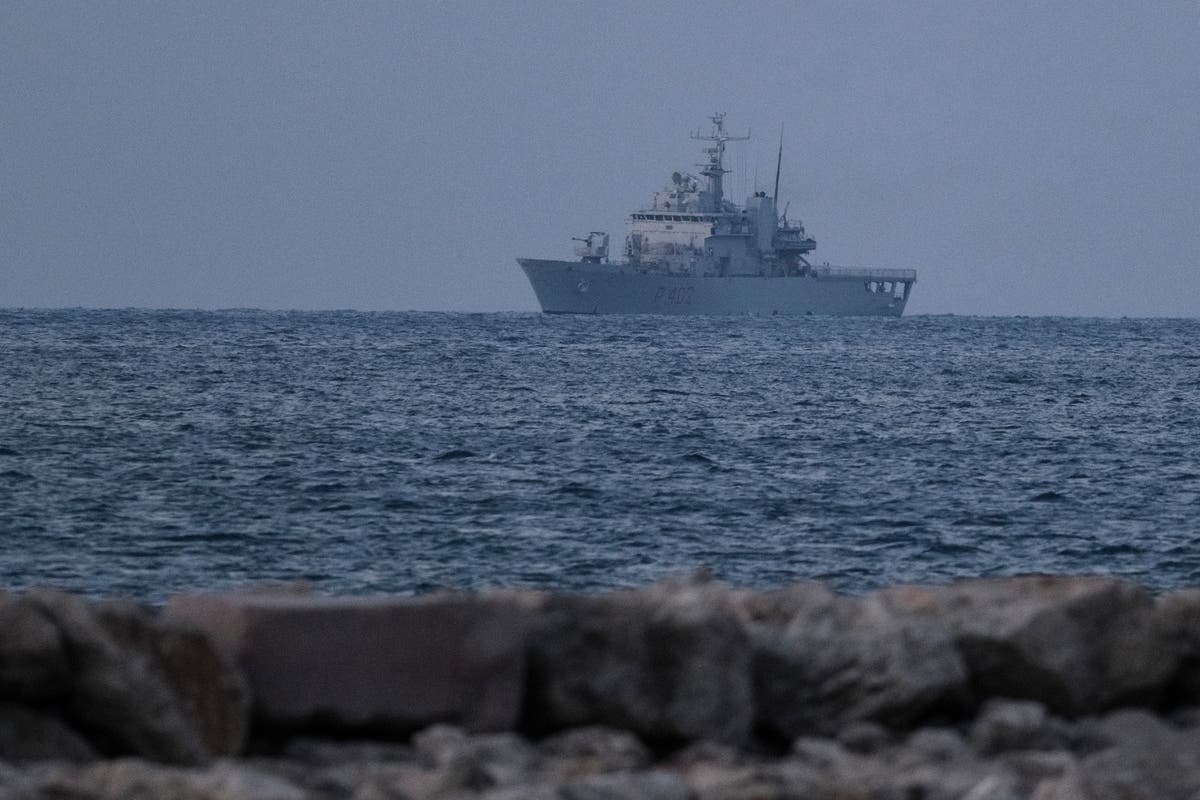
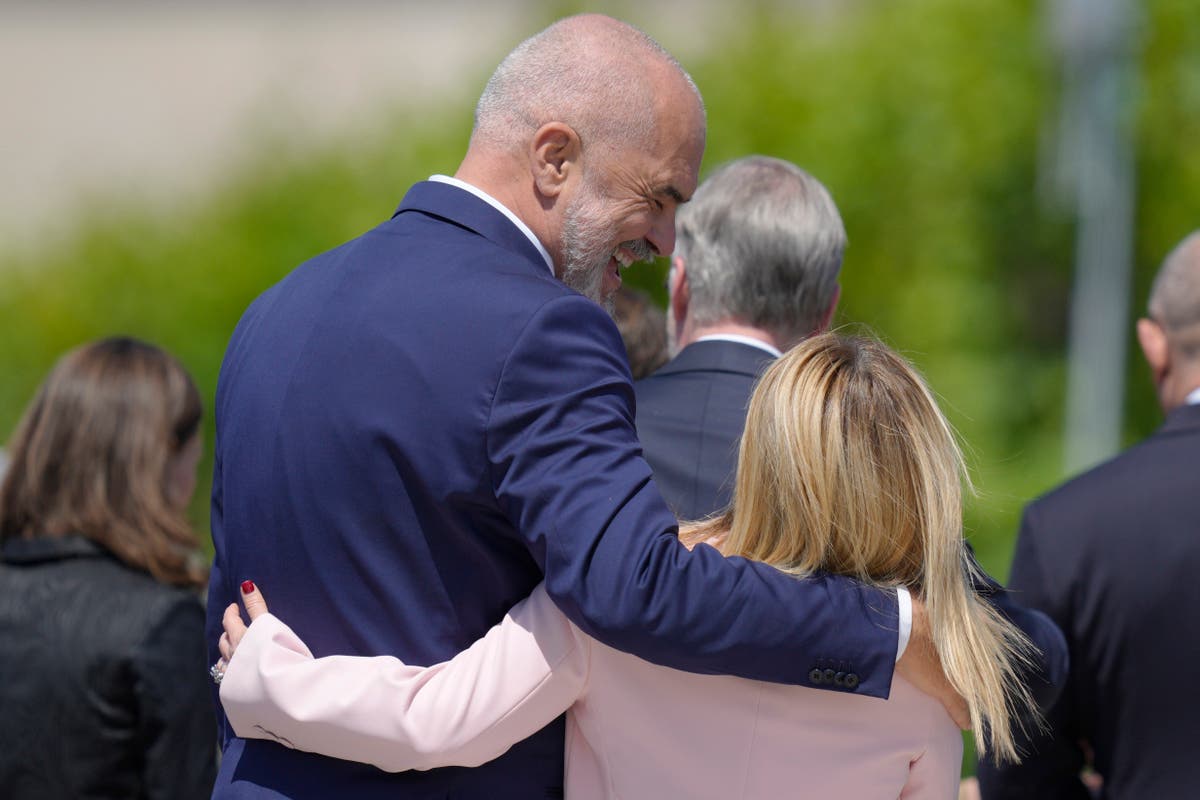

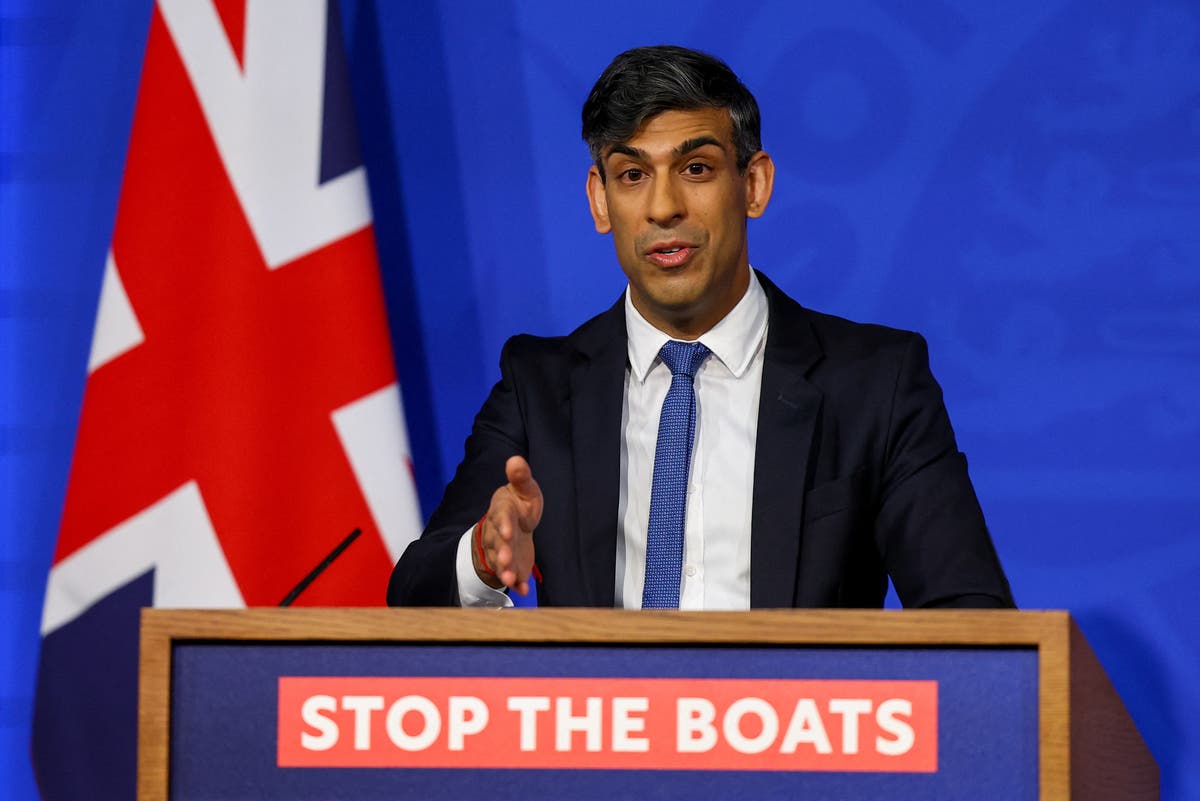



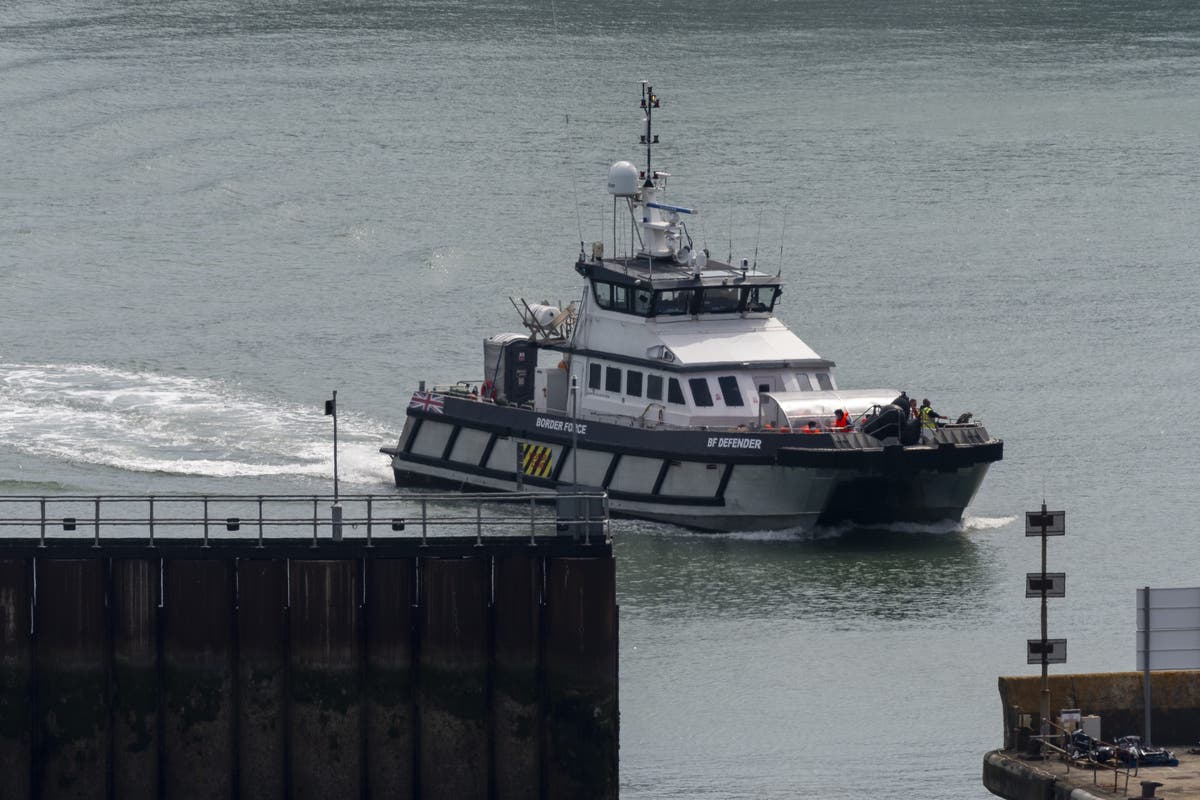




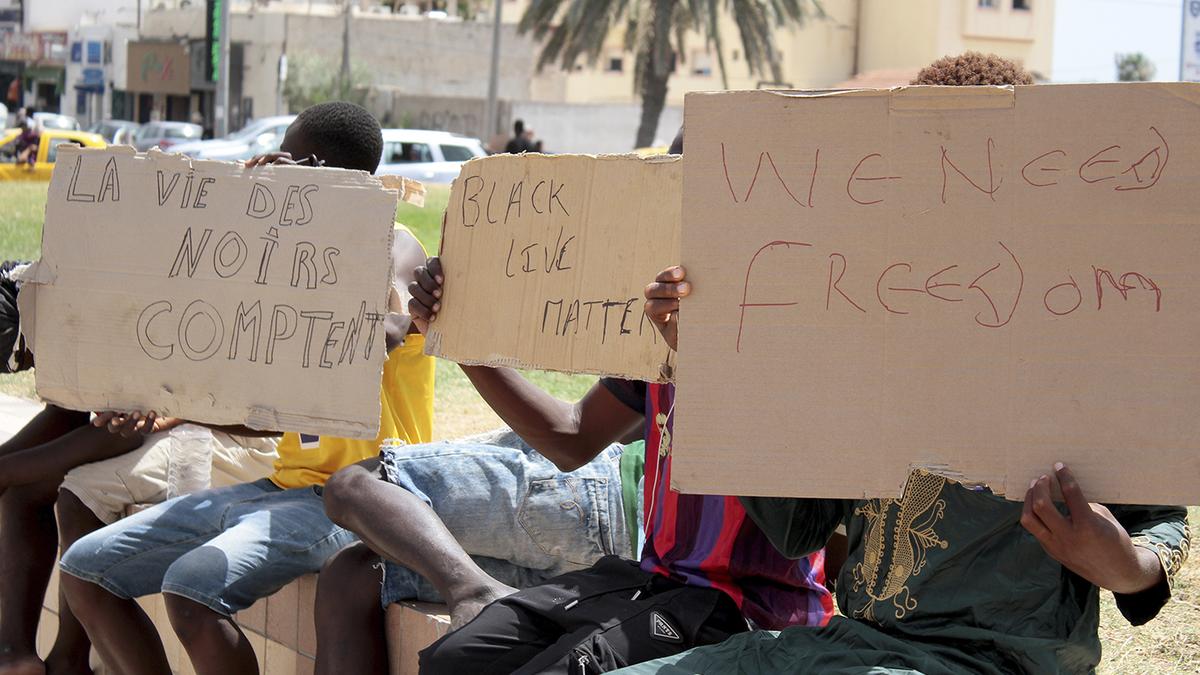



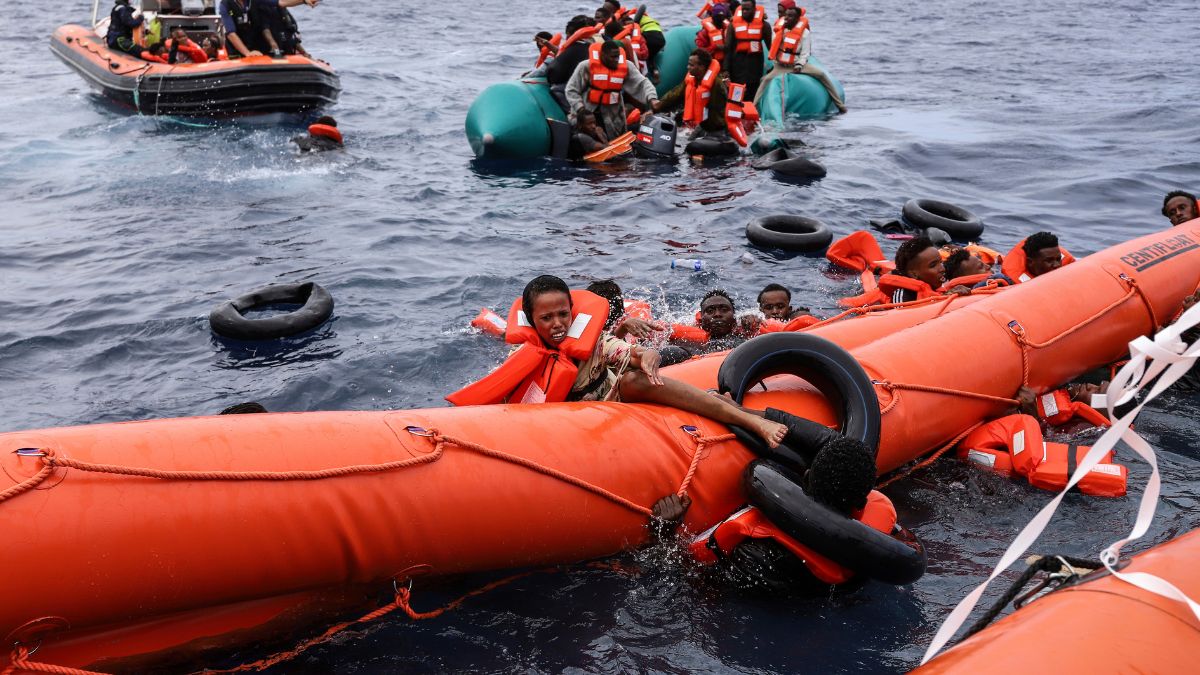)
